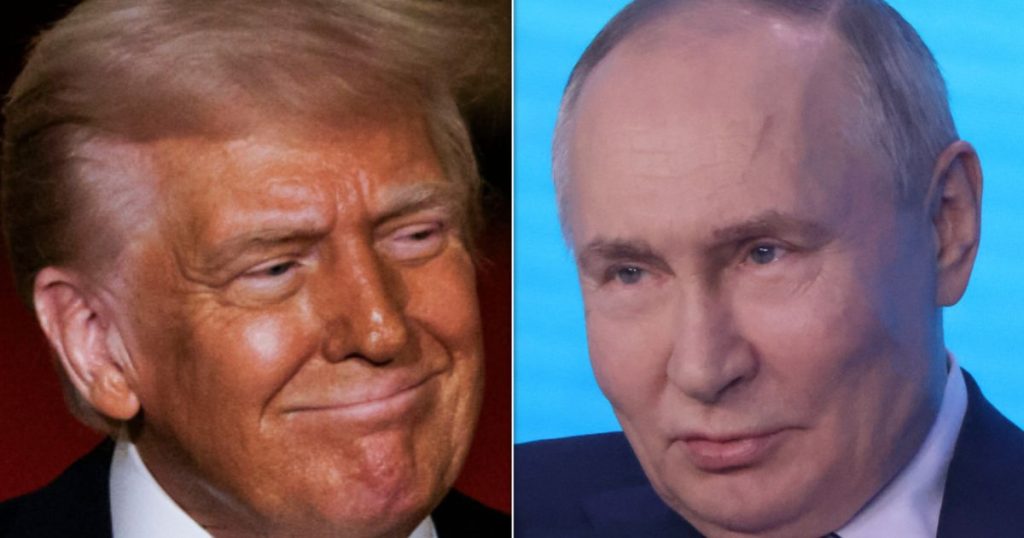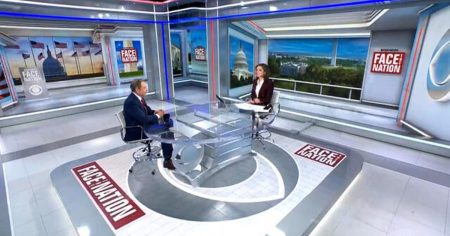Trump’s Recent Rhetoric on Ukraine
President Donald Trump’s recent statements on the conflict in Ukraine have sparked significant attention, particularly for their alignment with Kremlin narratives. Since returning to office, Trump has adopted a more critical stance towards Ukraine, often echoing Russian talking points. Notably, he accused Ukraine of initiating the conflict with Russia, a claim that mirrors long-standing Kremlin propaganda. This shift in rhetoric has not gone unnoticed, as Russian state media has welcomed Trump’s statements, with figures like Vladimir Soloviov suggesting a strategic alignment between Trump’s views and Russian perspectives.
Russian Media’s Approval
Russian state media has eagerly embraced Trump’s rhetoric, with Soloviov, a prominent television presenter, highlighting the alignment between Trump’s statements and Russian viewpoints. Soloviov noted that Trump’s recent positions, which surfaced after a conversation with Putin, were "deep" and "correct," reflecting a shared perspective. This positive reception underscores the geopolitical implications of Trump’s words, as they resonate with Russian narratives and potentially influence international perceptions of the conflict.
Shifting Allegiances and Concerns
The shift in Trump’s rhetoric has raised concerns in the U.S., with CNN’s Jake Tapper questioning Trump’s allegiances during a discussion with diplomat Steve Witkoff. Tapper highlighted a clip from Russian media where Soloviov suggested a strategic alignment between Trump’s stance and Russian interests. This perceived shift in allegiance has sparked concerns about U.S. foreign policy and the impact on alliances, particularly with Ukraine, a key U.S. partner in the region.
The Potential Peace Deal
Amid these developments, the U.S. and Russia are negotiating a peace deal without Ukraine’s direct involvement. Initial proposals required Ukraine to cede half its revenue from natural resources to the U.S., with no guarantees of military support. Ukraine rejected these terms but is considering revised proposals with even harsher conditions. This deal raises concerns about Ukraine’s sovereignty and the broader geopolitical implications, as it could reshape the region’s power dynamics.
The Upcoming Trump-Putin Summit
A potential summit between Trump and Putin is on the horizon, with discussions likely focusing on the Ukraine conflict and strengthening U.S.-Russia relations. This meeting could have significant repercussions, potentially altering the trajectory of the conflict and the balance of power in Eastern Europe. The summit’s outcomes may influence Ukraine’s future and the broader international relations landscape.
Conclusion
The interplay between Trump’s rhetoric, Russian media’s response, and the ongoing peace negotiations presents a complex geopolitical scenario. Trump’s alignment with Russian narratives and the potential U.S.-Russia summit signal a shift in international relations, with implications for U.S. influence and regional stability. As the situation evolves, the impact on Ukraine’s sovereignty and the global balance of power remains a critical concern. This unfolding drama underscores the delicate nature of international diplomacy and the potential for significant geopolitical shifts.















